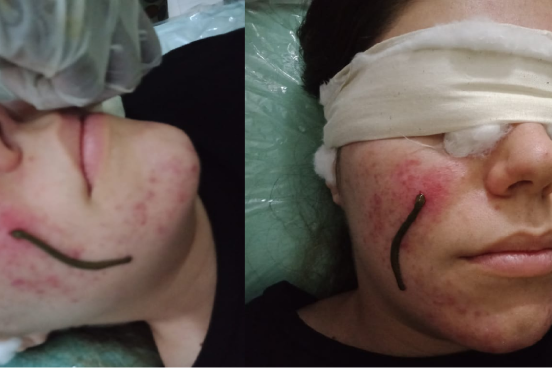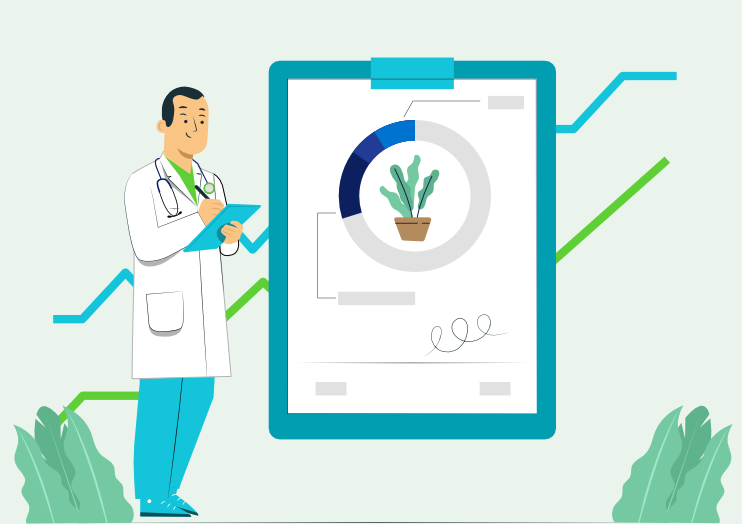FAQ on Raktamokshana Treatment
What are the different types of Raktamokshana therapy?
Pracchanna involves puncturing veins or arteries to release impure blood. Sira Vyadha involves small vein incisions, similar to modern bloodletting techniques but with Ayurvedic philosophy. Jalauka uses leech therapy, which sucks out blood with bioactive compounds. Alabu uses cups on the skin to create a vacuum, drawing out impure blood. These methods differ in their approach and working modalities.
What conditions can Raktamokshana treat?
Raktamokshana is beneficial for conditions such as skin disorders (eczema, psoriasis), joint problems (arthritis, gout), circulatory issues (hypertension, varicose veins), and metabolic disorders (diabetes, obesity), among others.
Is Raktamokshana safe?
When performed by trained Ayurvedic practitioners, Raktamokshana is completely safe. However, it's not suitable for everyone, particularly those with conditions like anemia, bleeding disorders, or weakened immunity.
How often should Raktamokshana therapy be performed?
The frequency of Raktamokshana therapy may vary depending on individual health needs and Ayurvedic doctor’s recommendations. It can be performed in one sitting or intermittently in multiple sittings as needed for specific conditions.
Are there any side effects of Raktamokshana?
Side effects of Raktamokshana may include temporary discomfort, bruising, or mild pain at the site of therapy. However, serious complications are rare when performed by skilled practitioners in a controlled environment.
Do I need to follow any specific post-treatment care instructions?
Yes, following post-treatment care instructions provided by your Ayurvedic doctor is crucial. This is called Pashcat Karma and includes dressing of the site, certain dietary recommendations, lifestyle adjustments, and any follow-up appointments to ensure the best outcomes.




